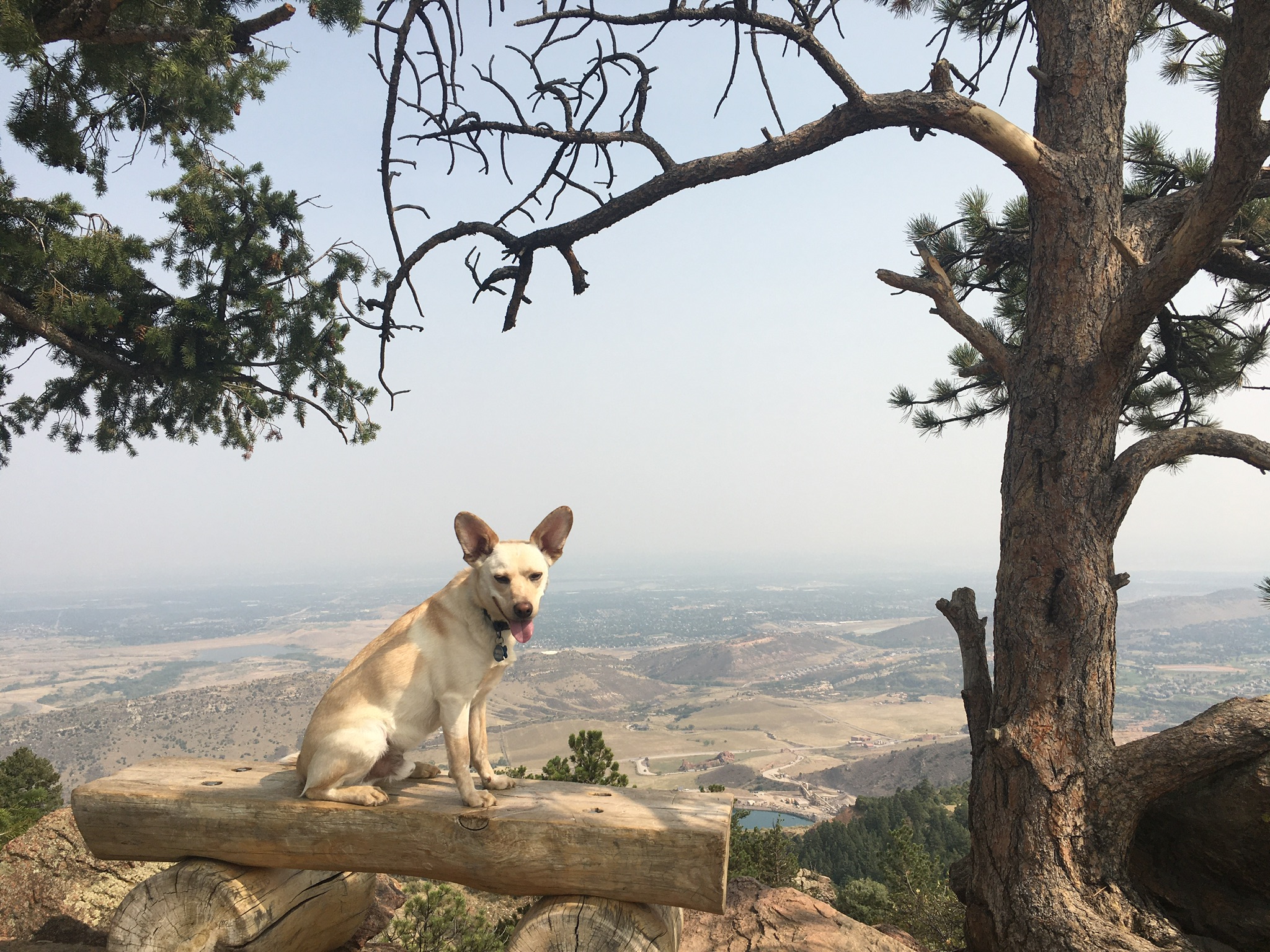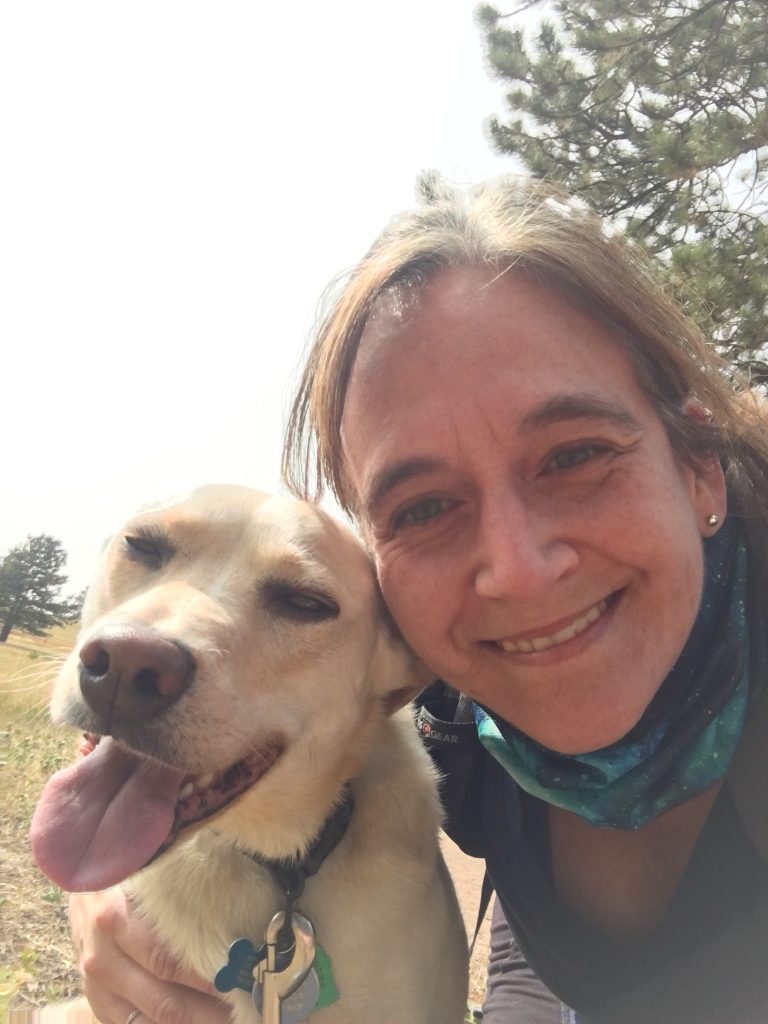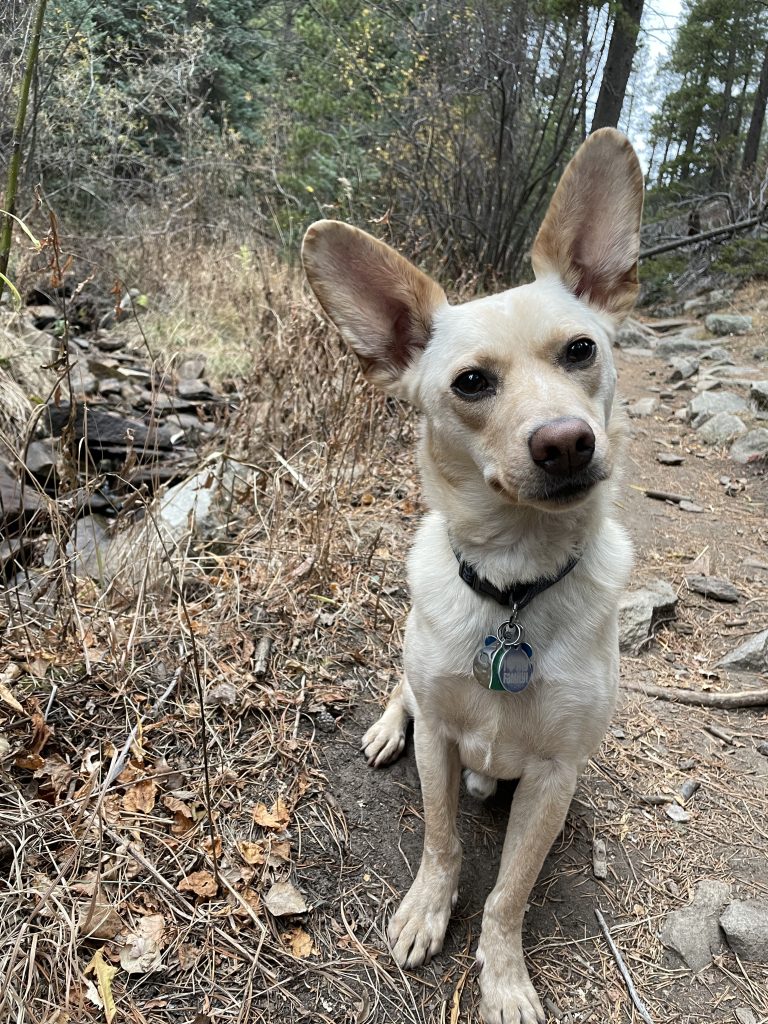
Every day, and in so many ways, animals make our lives whole. In the early morning hours, as we rise and meet the day, it is often their faces and voices we first encounter. When we return home from work or play, our pets are the ones who greet us at the door, frequently with a sense of joy and hopeful anticipation that lets us know how much we are loved. Animals give their all to us in good times and moments of sorrow, providing reliable companionship, levity and purpose, and the safety of knowing we can be wholly ourselves without judgment or shame. With them, we feel truly and uniquely at ease.

Over the past several years, the powerful nature of our relationships with animals has attracted growing attention and credibility. Researchers, practitioners, and academic institutions are exploring the multifaceted effects of our interactions with animals – from pets to therapy and service animals to wildlife. Studies indicate that positive animal interactions offer people myriad benefits, including improvements in stress and anxiety, mood, self-esteem, socialization and empathy for others, physical health, and trauma symptoms – to name just a few (Fine, 2019; Tedeschi & Jenkins, 2022). For years, people from all walks of life have spoken on how animals have helped them cope with uncertainty, emotional pain, and illness. Now, the evidence is largely supporting these claims and helping us understand the complexities of the human-animal bond.
This growing research also signifies an important shift in how people view, value, and relate to other animals. Today, 66% of U.S. households include a pet, with 85% of dog owners and 76% of cat owners considering their animal friend to be a member of their family (APPA, 2023; AVMA, 2022). A variety of animals, particularly dogs and horses, are also increasingly included in human services through their work as therapy, service, and emotional support animals (ESAs). For example, therapy dogs often visit patients in healthcare settings, assist with learning programs, and participate in counseling sessions to enhance treatment and clinical environments. Likewise, people with disabilities and mental health challenges often rely on their service animals and ESAs to enjoy and engage in everyday life.
At the Dumb Friends League, our animal residents and adoptees provide the people in their lives with care and meaningful connection. One such alum is Max, a big-eared, 5½-year-old cattle dog mix adopted from the League’s Buddy Center in December 2018. Dr. Mindy Cohen, a pediatric anesthesiologist and loyal League adopter, had been volunteering with us for about nine months when she and her family began to think about adopting a new dog. When they met Max, they were immediately drawn to his intelligent, calm, and happy nature – traits Mindy later nurtured through agility and obedience classes. Following his adoption and over a year of training, Max passed the Canine Good Citizen test and began visiting residents at assisted living facilities. His success in these settings got Mindy thinking about the impact Max could have for patients, families, and staff in pediatric hospitals.
During his first solo volunteer shift at a local children’s hospital in early June, Max brightened the days of everyone he met. Mindy believes the non-verbal nature of visits, combined with Max’s incredible ability to connect (with his eyes!) and make the hospital feel more like home, provides children with comfort during the treatment process. Surely, Max’s gentle sweetness plays a huge part as well. After cuddling with Max in his hospital bed, one young patient remarked, “Max, thanks for being here … I really needed a friend.”

Through his work as a volunteer therapy dog, Max carries an official business card noting his skills, likes and dislikes, and his early start as a shelter dog at the League. Mindy hopes sharing Max’s story will highlight, as she says, “the amazing potential that shelter pets have.” When he isn’t working, Max adores playing fetch, staying close to his people, and climbing Colorado’s fourteeners. His family is as committed to his well-being as Max is to theirs and the patients he visits.
Which highlights an important point – we owe animals just as much consideration, affection, respect, and care as they give to us. Like all relationships, our connections with animals should be reciprocal, with a focus on the mutual benefits we provide each other. Animals deserve to be listened to, surrounded with adoration, and celebrated for who they are as individuals. And while it is often said that animals love us unconditionally, we in fact have a responsibility to support their long-term health and happiness. This means that, for some, pet ownership can bring stress in addition to bliss, as recent research suggests. But sharing love and friendship with an animal is always worth it.
